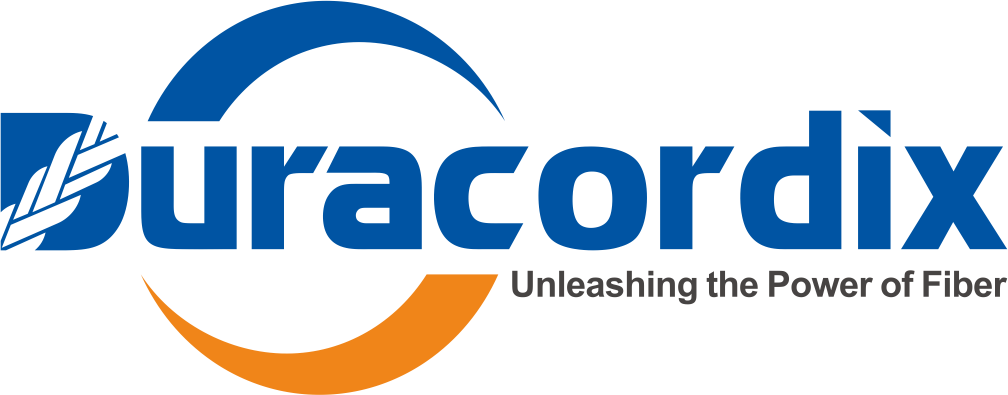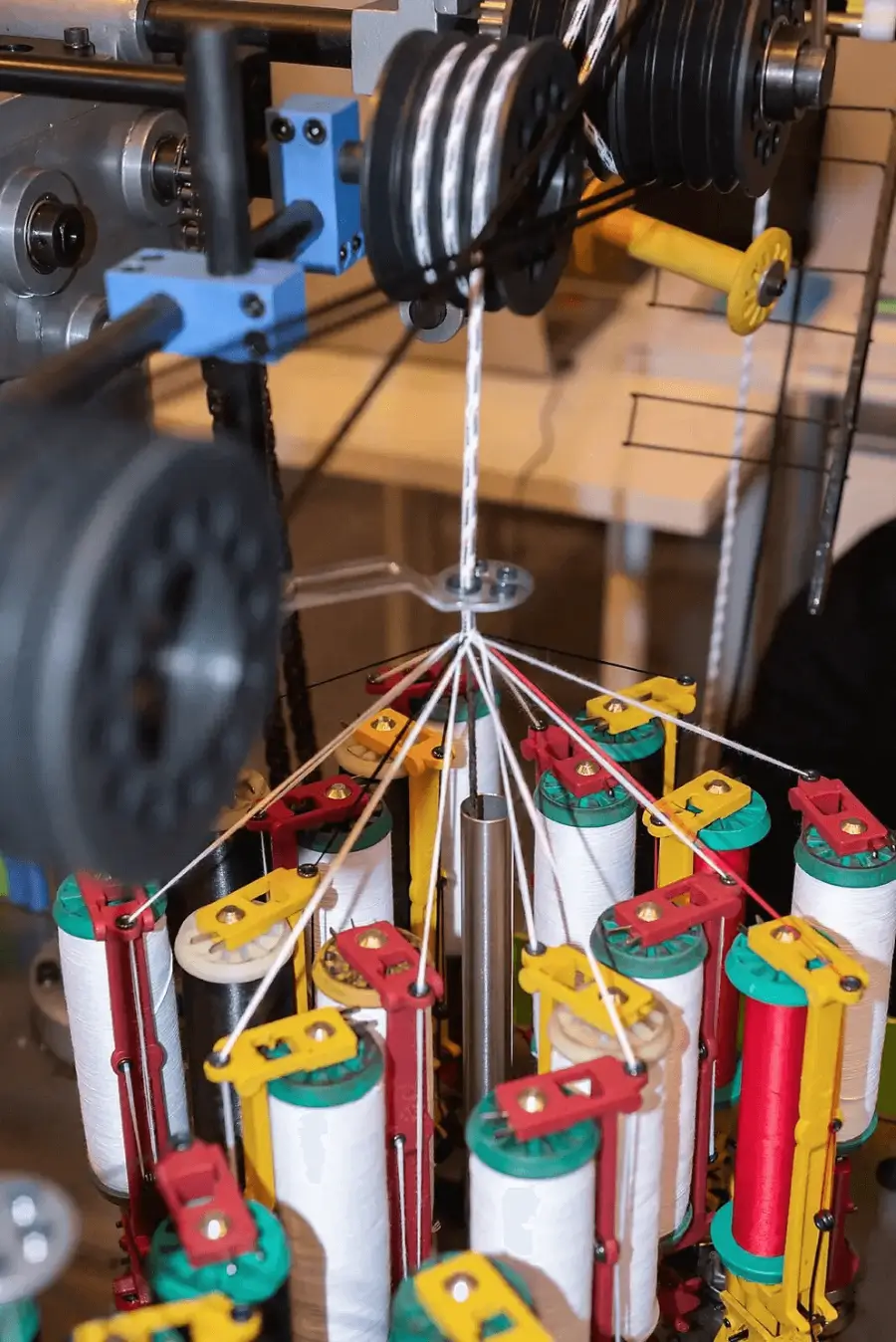In this article, you’ll discover the factors to consider when choosing the correct size for your winch line. Selecting the right rope size is crucial, it impacts both the performance and efficiency of your winching, as well as the safety of the operator.

Table of Contents
ToggleAbout Winch Line
A winch line is a critical component in various pulling, towing, vehicle recovery operations, commonly used in automotive, maritime, construction, and rescue industries.
It is traditionally made from steel cable for its strength and durability, winch lines are now increasingly made from synthetic fibers like nylon, polyester, kevlar aramid and UHMWPE (Ultra-High Molecular Weight Polyethylene). These modern materials offer lighter weight and enhanced safety, making them more desirable.
In recent years, Dyneema winch rope has become the most sought-after option due to its superior performance and reliability.
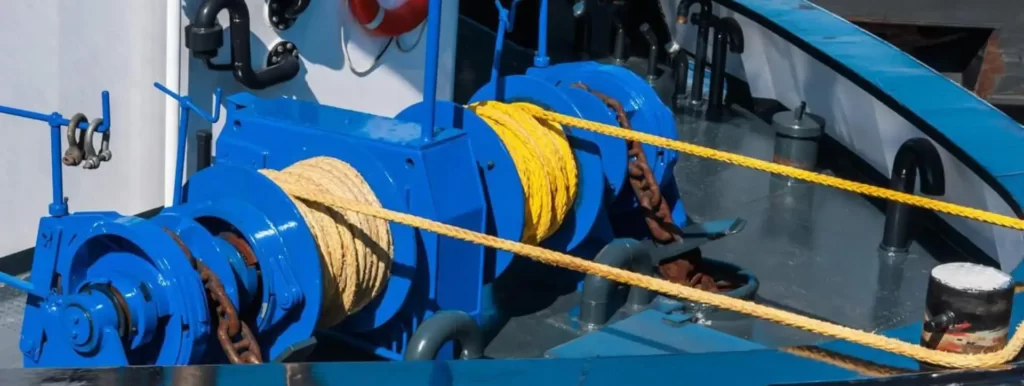
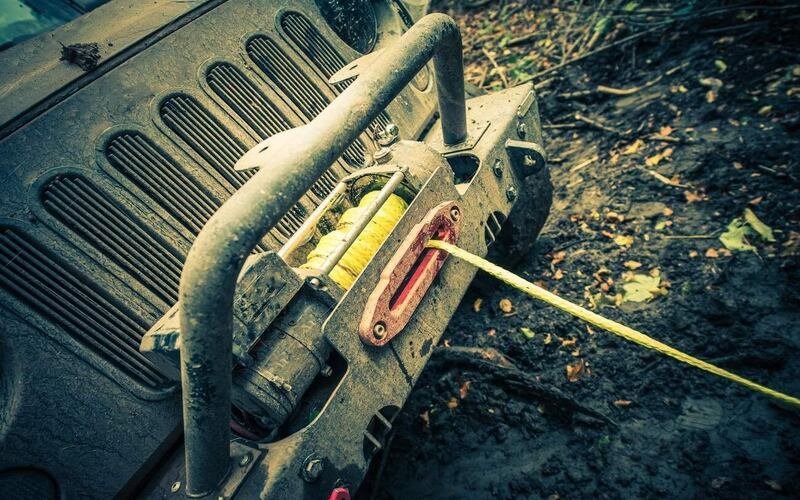

Key Factors To Consider
Diameter
Whether you use steel cable or synthetic rope, remember that a larger diameter means more pulling power and higher breaking strength. To select the right winch line diameter, consider the weight of the object, vehicle, or equipment you need to pull and apply a safety factor of 1.5 to 2 times.
As the diameter increases, you’ll need to shorten the rope length to meet the winch’s load requirements and specifications to avoid overloading. Since larger diameters make the rope heavier, you might want to opt for lighter synthetic options like Dyneema winch rope. Dyneema provides high strength while being significantly lighter than steel cables.
Length
When selecting the ideal winch rope length, you need to consider the distance required to connect to the object or vehicle for towing or rescue needs. To reserve you more winch space and lengthen the line, we suggest opting for the lighter Dyneema synthetic winch rope. Dyneema is 80% stronger than steel cable in same diameter, allowing for longer lengths at the same pulling force, thus extending the reach of your winch operations.
Pulling Force
Your winch rope’s strength must match your winch’s specifications. Generally, the breaking strength of the winch line should exceed your winch’s maximum working load and pulling force . This prevents safety accidents caused by rope breakage or excessive stretching and extends the lifespan of your winch line.
For example, if you have a 12000LBS winch, you’ll need a winch line with a minimum breaking strength(MBL) of 18000LBS or more.
Material
The material of your winch line is crucial, impacting its weight, safety, and convenience. Steel cable winch lines are heavy and rigid, making them cumbersome to handle and prone to causing hand injuries. They’re also more likely to snap during extreme pulls, resulting in serious accidents and personal injuries.
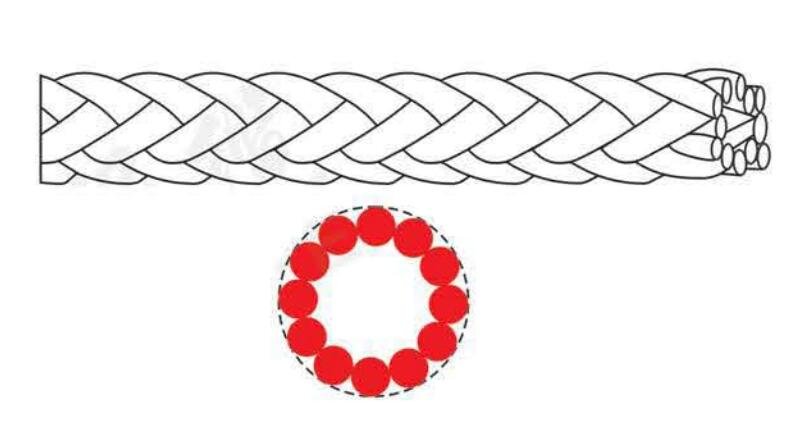
Synthetic rope for winch, on the other hand, is lightweight, easy to handle, and improve efficiency. They don’t generate significant energy upon breaking and naturally fall to the ground, enhancing your safety during operations.
Steel winch cable generally has better durability and aging resistance, so it typically has a longer lifespan compared to synthetic rope.
Cost
For the same diameter and length, synthetic winch lines are more expensive than steel cables but offer significant advantages. They are lighter, easier to handle, and safer. In extreme conditions, we recommend choosing a smaller diameter synthetic winch line, as it won’t pose safety risks if it breaks.
Professional Advice
Considering the various usage scenarios, compatibility with the winch, and safety, it is best to consult with professionals in the relevant field to customize the material, diameter, and length of the winch rope to match specific needs.
For example, in extremely harsh environments with high wear and UV exposure, it is advisable to choose more fatigue-resistant steel cable. If safety is paramount, then opting for a flexible synthetic rope is recommended.
Winch Line Conversion Guide
Below is a guideline for selecting the appropriate winch line size based on common winches:
| Brand | Model | Winch Capacity (lbs) | Synthetic Line (lbs) | Steel Cable (lbs) | Line Diameter (mm) | Notes |
|---|---|---|---|---|---|---|
| Warn | VR EVO 10 | 10,000 | 3/8″ (9.5 mm) – 12,000 | 3/8″ (9.5 mm) – 9,500 | 9.5 mm | Ideal for off-road vehicles |
| Warn | VR EVO 12 | 12,000 | 3/8″ (9.5 mm) – 12,000 | 3/8″ (9.5 mm) – 12,000 | 9.5 mm | Heavy-duty, great for larger vehicles |
| Smittybilt | X20 | 10,000 | 3/8″ (9.5 mm) – 12,000 | 3/8″ (9.5 mm) – 8,000 | 9.5 mm | Good value for recreational use |
| Smittybilt | XRC 8 | 8,000 | 5/16″ (8 mm) – 10,000 | 5/16″ (8 mm) – 6,000 | 8 mm | Compact design for smaller rigs |
| Superwinch | Terra 4500 | 4,500 | 1/4″ (6.35 mm) – 8,600 | 1/4″ (6.35 mm) – 5,500 | 6.35 mm | Compact and lightweight |
| Superwinch | LP8500 | 8,500 | 3/8″ (9.5 mm) – 10,700 | 3/8″ (9.5 mm) – 7,500 | 9.5 mm | Versatile for various applications |
| Mile Marker | SEC12 | 12,000 | 3/8″ (9.5 mm) – 12,000 | 3/8″ (9.5 mm) – 10,800 | 9.5 mm | Features a durable planetary gear |
| Mile Marker | E12 | 12,000 | 3/8″ (9.5 mm) – 12,000 | 3/8″ (9.5 mm) – 10,800 | 9.5 mm | Electric winch with high performance |
| Warn | Zeon 10-S | 10,000 | 3/8″ (9.5 mm) – 12,000 | 3/8″ (9.5 mm) – 9,500 | 9.5 mm | High-performance winch with synthetic option |
| Warn | Zeon Platinum 12 | 12,000 | 3/8″ (9.5 mm) – 12,500 | 3/8″ (9.5 mm) – 11,000 | 9.5 mm | Features advanced controls and reliability |
| Rugged Ridge | Spartacus | 8,500 | 3/8″ (9.5 mm) – 10,500 | 3/8″ (9.5 mm) – 7,500 | 9.5 mm | Budget-friendly with decent specs |
| T-Max | T-Max 9500 | 9,500 | 3/8″ (9.5 mm) – 11,000 | 3/8″ (9.5 mm) – 8,500 | 9.5 mm | Good for both recreational and industrial use |
| Extreme | 12000s | 12,000 | 3/8″ (9.5 mm) – 12,500 | 3/8″ (9.5 mm) – 10,000 | 9.5 mm | Heavy-duty applications |
| X-BULL | 13,000 | 13,000 | 3/8″ (9.5 mm) – 14,000 | 3/8″ (9.5 mm) – 11,000 | 9.5 mm | Excellent for larger vehicles and off-roading |
| Champion | 9,500 | 9,500 | 3/8″ (9.5 mm) – 10,000 | 3/8″ (9.5 mm) – 8,000 | 9.5 mm | Affordable and reliable option |
| Smittybilt | Gen 2 12,000 | 12,000 | 3/8″ (9.5 mm) – 12,000 | 3/8″ (9.5 mm) – 10,000 | 9.5 mm | Updated design with enhanced features |
FAQ: Common Questions Answered
What size of synthetic winch rope for atv,utv?
For an ATV, you can use a 1/4-inch winch rope with a length of 50 feet.
How to extened winch cable when your current length is not enough?
You can use the winch line extension to recover your vehicle when you need more length. the winch line extension typically have two eyes on each end, allowing you to easily attach thimble or hook.
Which sizes of synthetic rope replacement commonly used?
The common sizes like 12000 lb, 80ft x 3/8 winch line, 5/16″ x 50‘ 20000 lb synthetic winch rope, 1/2″ x 95ft 30000 lb winch synthetic rope.
What else is needed for winch recovery besides winch line?
For safer 4×4 recovery, we also recommend you to use the recovery strap, winch dampener, recovery shackle, snatch block pulley, gloves. a recovery kit including all those recovery gear also is also a smart choice.
Conclusion
We hope this guide provides you with clear insights into selecting the right winch line for your needs. Remember, choosing the appropriate size and material of winch rope can significantly enhance your winching efficiency and overall user experience. If you require high-quality synthetic winch rope, feel free to contact Duracordix. Thank you for reading!

